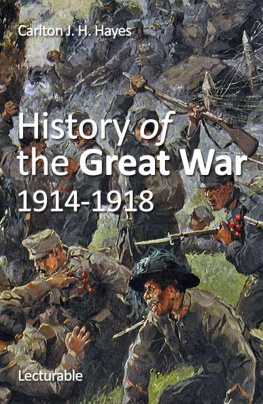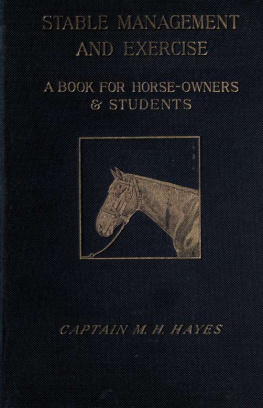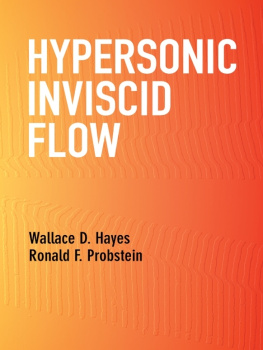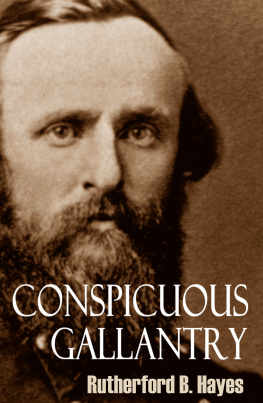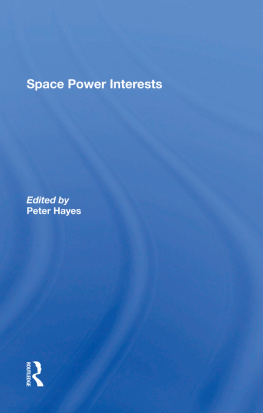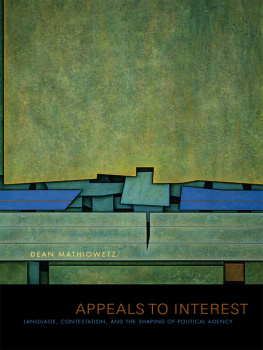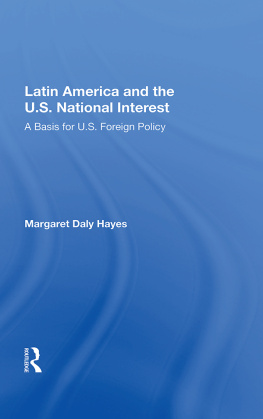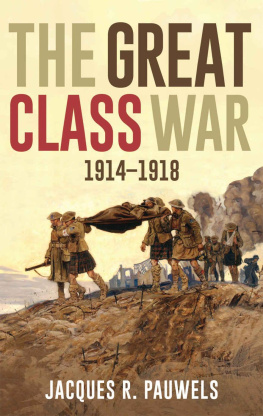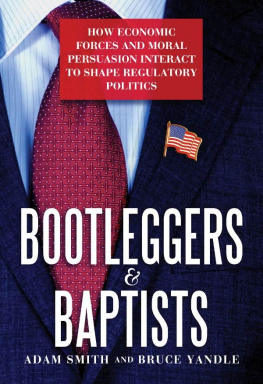CHAPTERI. THE GREAT WAR COMES
THEGENERAL CAUSE: INTERNATIONAL ANARCHY
SELF-INTERESTwas the dominant note of the years immediately preceding the outbreak of theGreat War. In economics and in politics, among individuals, social classes, andnations, flourished a self-interest that tended more and more to degenerateinto mere cynical selfishness. Pseudo-scientists there were to justify thetendency as part of an inevitable "struggle for existence" and toextol it as assuring the "survival of the fittest."
Economiccircumstances had provided the setting for the dogma of self-interest. Thelatest age in world history had been the age of steam and electricity, of thefactory and the workshop, of the locomotive, the steamship, and the automobile.It had been the age of big competitive business. Between the capitalists of thenew era had developed the keenest rivalry in exploiting machinery, mines, rawmaterials, and even human beings, with a view to securing the largest share ofthe world's riches and the world's prestige. It was a race of the strong, and"the devil take the hindmost."
Competitionin big business gave manners and tone to the whole age. It inspired a multitudeof mankind to emulate the "captains of industry." It furnished thestarting-point and the main impulse for the development of the doctrines ofSocialists and of Anarchists and of all those who laid stress upon "classconsciousness" and "class struggle." It even served to setfarmers against manufacturers and to pit "producers" against"consumers." To secure power and thereby to obtain wealth, or tosecure wealth and thereby to obtain power, became the more or less consciousend and aim of individuals and of whole classes.
Trade theveritable red blood of modern industrial life has not been, and from itsnature cannot be, narrowly national. Not only must there be commerce betweenone highly civilized nation and another, but there must likewise be tradebetween an industrialized nation and more backward peoples in tropical orsemi-tropical regions. The modern businessman has need of raw materials fromthe tropics; he has manufactured goods to sell in return; most important ofall, he frequently finds that investments in backward countries are especiallylucrative in themselves and stimulative of greater and more advantageous trade.So self-interest has been pursued abroad as well as at home, and usually withthe most calamitously anarchical results. Whatever restrictions might beimposed by a strong national state on the selfish activities of its citizens athome were either non-existent or ineffective in restraining them wherevergovernments were unstable or weak. In backward countries the foreign exploiteroften behaved as though "getting rich quick" was the supremeobligation imposed upon him by the civilization whose representative and exponenthe was. The natives suffered from the unregulated dealings of the foreigners.And the foreigners, drawn perhaps from several different nations, carried theirmutual economic rivalries into the sphere of international competition andthereby created "danger zones" or "arenas of friction."
After 1870this aspect of capitalistic imperialism was increasingly in evidence. Any onewho would follow an outline-story of the exploitation of backward regions bybusiness men of Great Britain, Germany, France, Italy, Russia, Japan, and theUnited States would perceive the process and would appreciate its attendantdangers. Any one who is at all familiar with the "arenas of friction"in Egypt, in China, in Siam, in the Sudan, in Morocco, in Persia, in theOttoman Empire, and in the Balkans would be in possession of a valuable clew toa significant cause of every war of the twentieth century, particularly to thechief cause of the Great War.
What hadcomplicated the situation was the fact that trade, though in essenceinternational, had been conducted in practice on a national basis, and thatforeign investors had been perpetually appealing for support not to aninternational conscience and an international police but to the patriotism andarmed forces of their respective national states. In other words, anarchy hadcontinued to characterize international politics as well as domestic economics.
There wasno international organization. There was no general authority for thedetermination of disputes and for the regulation of world interests. There wereat the opening of the twentieth century some fifty states, in theoryabsolutely independent, sovereign, and equal. In fact, the fifty were veryunequal and even the strongest among them was not strong enough to maintain itsindependence should the others unite against it. Yet each proceeded to act onthe assumption in most cases that it was self-sufficient and that its ownself-interest was its supreme guide.
Runningthrough the whole anarchic state-system, as woof through warp, was the doctrineof nationality. It is a common-place to us that a compact people speaking thesame language and sharing the same historical traditions and social customsshould be politically united as an independent nation. To the nineteenth century,however, nationalism was a revolutionary force. At its dawn there was no freeGerman nation, no free Italian nation. But the all-conquering armies of theFrench Revolutionaries brought to the disjointed and dispirited peoples ofEurope a new gospel of Fraternity, that men of the same nation should bebrothers-in-arms to defend, their liberties against the tyrant and their homesagainst the foreign foe. Poetry glorified the idea of national patriotism,religion sanctioned it, and political theory invested it with all the finalityof a scientific dogma. Within a century, the spirit of nationality produced anindependent Greece, a Serbia, a Rumania, a Bulgaria, a Belgium, a Norway, anItaly, a Germany. Each nation old and young was proud of its nationallanguage, its national customs, its frequently fictitious but always gloriousnational history, and above all, of its national political unification andfreedom.
Everywherethe doctrine of nationality has brought forth fruits in abundance. It hasawakened all peoples to national self-consciousness. It has inspired noble andglorious deeds. It has stimulated art and literature. It has promoted populareducation and political democracy. It should have led, not backwards toeighteenth-century indifferent cosmopolitanism, but forwards totwentieth-century inter-nationalism, to a confederation of all the freenations of the world for mutual cooperation and support. Hither, on the eve ofthe Great War, it had not led. And this was the tragedy of nationalism.
Nationalismwas utilized too often to point citizens to what was peculiar to their ownnation rather than to what was common to all mankind. It served to emphasizethe exclusiveness of each state and to promote selfishness in a new andnational form. It led nations which had not yet achieved complete unity andindependence, like the Irish, the Poles, the Czechs, the Serbs, and theRumanians, to combat more fortunate nations; and among the perfected nations itaroused such selfish intolerance as to render them tyrannical over dissidentminorities and to cause them to entertain the notion that they were manifestlydestined to impose their own brand of civilization or Kultur upon, ifnot arbitrarily to rule over, "inferior" races.
Nationalism,moreover, prompted whole peoples to give patriotic support to the pretensionsof their relatively few fellow-citizens who in less favored lands were seekingprofits at the expense of natives and perhaps of neighbors. The foreigntradesman or investor was under no obligation to an impartial internationaltribunal: he had only to present his international grievances to the uncriticaland sympathetic ears of his distant fellow-nationals, with the usual resultthat his cause was championed at home and that redress for his real or fanciedwrongs was forthcoming from a single one of the fifty sovereign states. Andwhen tradesmen or investors of other nationalities appealed from the samedistant regions to their several states, what had been an arena of economicfriction between competing capitalists in backward lands speedily became anarena of political friction between civilized sovereign states.

